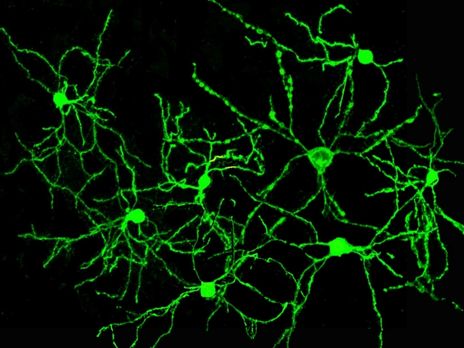
Sensory signals of associative learning
Through evolution, animals gained the remarkable ability to respond with sub second precision to environmental stimuli and to learn to associate those with positive or negative outcomes…
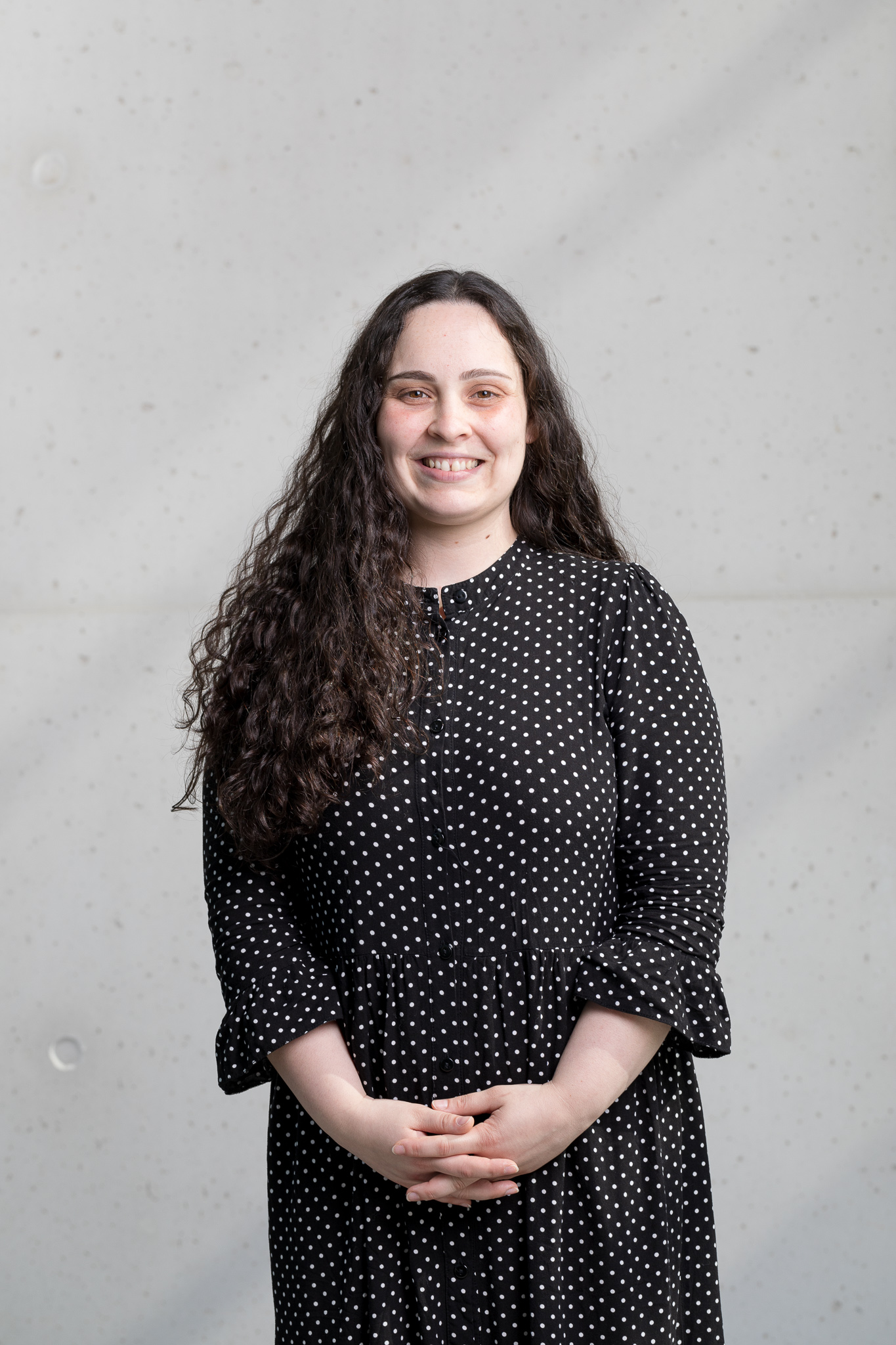
I am a passionate biologist with a master’s and PhD in Health Sciences, complemented by postdoctoral research at ICVS/University of Minho and Columbia University’s Zuckerman Institute in the USA. Over the years, I have delved deep into understanding how the brain’s reward system drives motivation and behavior. Currently, my research is focused on uncovering the specific neural circuits that encode positive and negative learning experiences. Using cutting-edge techniques like single-nucleus RNA sequencing, calcium imaging, optogenetics, genetic manipulation and behavioral studies, I aim to map the neurobiological foundation of reinforcement learning.
I’ve published several papers in high-impact journals as both first and senior author. Additionally, I lead and collaborate on numerous research projects, and I am dedicated to mentoring the next generation of scientists, supervising master’s and PhD students as well as undergraduates. I also frequently host international trainees, fostering global scientific exchange.
My commitment to excellence has been recognized with several prestigious awards, including the “Fulbright Grant for Professors or Doctorate Holder Researchers,” the “L’Oréal Portugal Honor Medal for Women in Science,”, the “IBRO Early Career Award”, the “Maria de Sousa” award and the “FEBS Excellence” award.
Beyond my research, I am a member of the ICVS’s outreach office, actively contributing to outreach initiatives like “Summer in Campus” and “Brain Awareness Week”, sharing my passion for science with the wider community.

I am a passionate biologist with a master’s and PhD in Health Sciences, complemented by postdoctoral research at ICVS/University of Minho and Columbia University’s Zuckerman Institute in the USA. Over the years, I have delved deep into understanding how the brain’s reward system drives motivation and behavior. Currently, my research is focused on uncovering the specific neural circuits that encode positive and negative learning experiences. Using cutting-edge techniques like single-nucleus RNA sequencing, calcium imaging, optogenetics, genetic manipulation and behavioral studies, I aim to map the neurobiological foundation of reinforcement learning.
I’ve published several papers in high-impact journals as both first and senior author. Additionally, I lead and collaborate on numerous research projects, and I am dedicated to mentoring the next generation of scientists, supervising master’s and PhD students as well as undergraduates. I also frequently host international trainees, fostering global scientific exchange.
My commitment to excellence has been recognized with several prestigious awards, including the “Fulbright Grant for Professors or Doctorate Holder Researchers,” the “L’Oréal Portugal Honor Medal for Women in Science,”, the “IBRO Early Career Award”, the “Maria de Sousa” award and the “FEBS Excellence” award.
Beyond my research, I am a member of the ICVS’s outreach office, actively contributing to outreach initiatives like “Summer in Campus” and “Brain Awareness Week”, sharing my passion for science with the wider community.
Publications
Deseyve C (…) Soares-Cunha C. (2024) Nucleus accumbens neurons dynamically respond to appetitive and aversive associative learning. Journal of Neurochemistry, 168(3):3 12-327.
https://doi.org/10.1111/jnc.16063
Soares-Cunha C et al. (2022). Distinct role of nucleus accumbens D2-MSN projections to ventral pallidum in different phases of motivated behavior. Cell Reports, 38: 110380.
https://doi.org/10.1016/j.celrep.2022.110380
Domingues AV (…) Soares-Cunha C. (2022) Prenatal glucocorticoid exposure alters effort decision making and triggers nucleus accumbens and anterior cingulate cortex functional changes. Translational Psychiatry, 12: 338
https://doi.org/10.1038/s41398-022-02043-4
Soares-Cunha C et al. (2020) Nucleus accumbens medium spiny neurons subtypes signal both reward and aversion. Molecular Psychiatry, 25: 3241–3255.
https://doi.org/10.1038/s41380-019-0484-3
Research Project as Principal investigator
• 175/2020, funding agency – Bial Foundation (2021), amount funded – 45500€
• 2022.01467.PTDC, funding agency – FCT (2022), amount funded – 50000€
• CEECIND/03887/2017, funding agency – FCT (2019), amount funded – 180.930,00€
Honors
• 2021 L’Oréal Portugal Honor Medals for Women in Science, attributed by FCT, the L’Oréal Portugal and the National Commission of UNESCO
• Fulbright Scholarship for Professors or Doctorate holder Researchers, Fulbright Portugal
Awards
• FEBS Excellence Award, Federation of European Biochemical Societies
• Maria de Sousa Award, Bial Foundation and “Órdem dos Médicos”
• IBRO Early Career Award
• SPN Best Manuscript 2020, Portuguese Society for Neurosciences

Through evolution, animals gained the remarkable ability to respond with sub second precision to environmental stimuli and to learn to associate those with positive or negative outcomes…
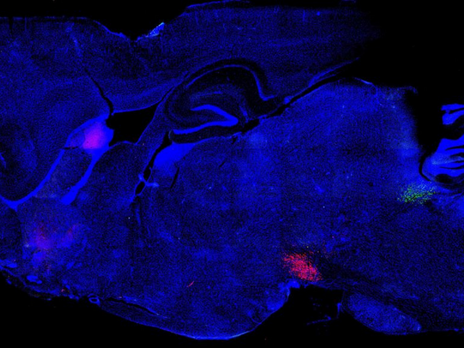
The brain constantly integrates new sensory information, and associates environmental cues to outcomes, adjusting behavior to maximize reward and minimize unpleasant consequences. This process is critical for survival, and its dysregulation is a hallmark of…
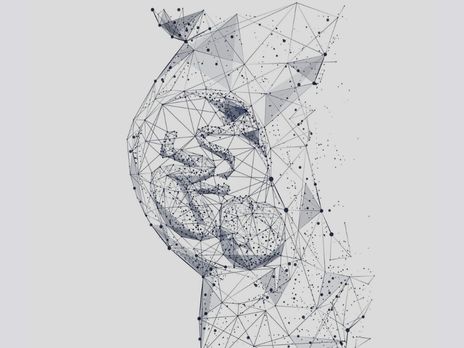
Early life adversity can have long lasting consequences for the individual, increasing the vulnerability to develop neuropsychiatric disorders later in life…
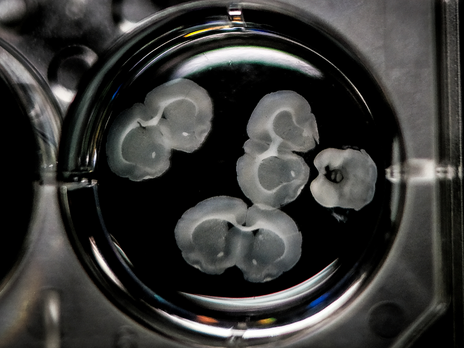
Since the moment we wake up, we are continuously flooded with sensory information of variable relevance. Therefore, our brains evolved to filter information…



Phone: +351 253 604 967
Fax: +351 253 604 809
Email: icvs.sec@med.uminho.pt
Life and Health Sciences
Research Institute (ICVS)
School of Medicine,
University of Minho,
Campus de Gualtar
4710-057 Braga
Portugal

Copyright ©2022 ICVS. All Rights Reserved



Copyright ©2022 ICVS. All Rights Reserved
Life and Health Sciences
Research Institute (ICVS)
School of Medicine,
University of Minho,
Campus de Gualtar
4710-057 Braga
Portugal



Copyright ©2022 ICVS. All Rights Reserved
Life and Health Sciences
Research Institute (ICVS)
School of Medicine,
University of Minho,
Campus de Gualtar
4710-057 Braga
Portugal

